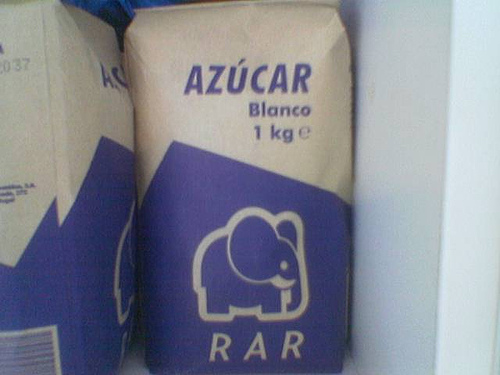Raw Sugar Prices Lose Ground
- Submitted by: admin
- international
- Business and Economy
- 04 / 04 / 2010

During the week, the price fell to 15.46 cents, the lowest of the 10 last months.
According to that enterprise belonging to the Ministry of Foreign Trade and Investment (MINCEX), oscillation rank of quotes was between 19.45 and 15.46 cents.
Reports on the increase of production in Brazil and India triggered the setback in prices.
In contrast, the market of refined sugar or white in London took on profits of 9.10 dollars per metric ton to reach 491.70 dollars per ton.
The prime of the refined sweet regarding unrefined sugar again widened the gap after closing at 123 dollars per metric ton, for contracts delivery in May.
It was known that Pakistan's sugar industry asked the government to immediately establish a 35 percent tax on imports of the sweetener to protect the interests of producers and the sector in general.
The Union of Farmers in Brazil informed that the central-south region of the country, highest world producer of that food product could rise by 19 percent its production in 2010-2011 due to favorable weather conditions and the entrance in operation of new plants.
Sugar factories in this Brazilian region which contribuye 90 percent of the country's sugar, are in the capacity of manufacturing 34.1 million metric tons in the campaign beginning this weekend.
However, previous forecasts put the production estimate of this harvest in 28.6 million metric tons.
India imported from October through the third week in March 3.17 million metric tons, but recently revised the volumes of production due to late rains which favored crop yields.
The Nacional Federation of Sugar Cooperatives of that nation affirmed the production of sugar could go as high as 23.5 million metric tons this campaign, a big enough increase to cover the annual demand and eliminate the need to import.
By Elsy Fors Garzon
Source: PL
Comments